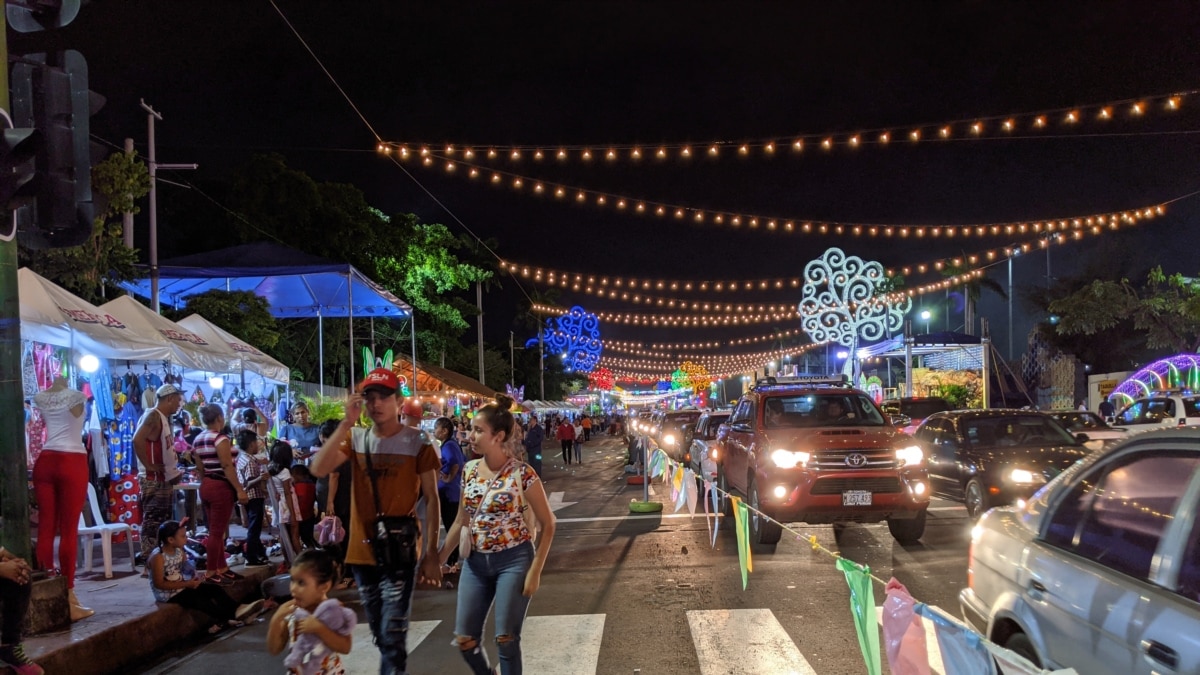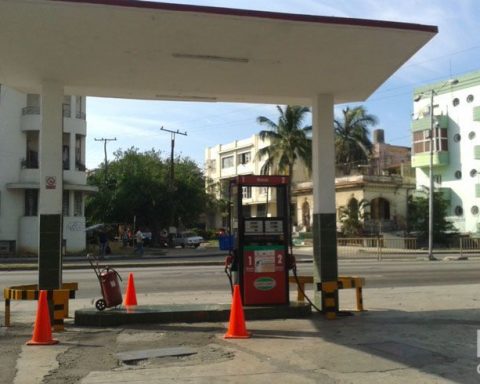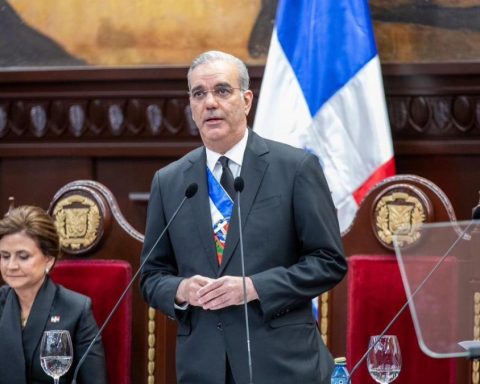The traditional “Christmas stuffing” and other dishes that are prepared for Christmas Eve dinner in Nicaragua will be out of reach for many Nicaraguans due to the sharp increase in the cost of living, economists told the Voice of America.
The ingredients used to prepare these typical Nicaraguan dishes, such as vegetables, have risen in price, and this is reflected in the cost of the basic basket, which for November was around 515 dollars, well above the minimum wage, which fluctuates in 270 dollars a month, according to official data. In 2018, the basic basket was around 371 dollars.
Antonio Rodríguez, a resident of an eastern neighborhood of Managua, told the VOA that he will not join in celebrating Christmas Eve this year because he does not have the necessary financial resources to do so.
“My family is made up of five people: my wife, two children between the ages of 22 and 25 and another 14-year-old, and me. This year, due to my low income, I brought them together and told them that we had to choose between preparing Christmas dinner or New Year’s Eve dinner, and the majority of them all preferred that we cook for New Year’s Eve,” Rodríguez said.
The war in Ukraine, which has affected the world economy, is an element that is added to others in Nicaragua, where the minimum wage is one of the lowest in the region, says economist Enrique Sáenz. But there are other “structural” factors and not necessarily because of the “conjuncture” of international conflicts, he told VOA.
For example, the electricity rate in Nicaragua is the most expensive in Central America, as is fuel, said the economist.
The country’s economy is controlled by what is called “leading prices”, which are small economic groups basically associated with power and they control the price of some products and even services, he assured.
Remittances will play a key role
Some citizens hope to celebrate Christmas in Nicaragua supported by remittances from their relatives who emigrated.
That is the case of Luisa Chavarría, 32, whose husband left for the United States in 2018.
“My husband will send me and our two children 200 dollars for dinner on December 24 and 31. With that I will be able to support myself,” says this woman who works informally as a housewife and receives a salary of approximately 150 dollars a month.
According to statistics from the Central Bank of Nicaragua, the country received a record in remittances from January to October estimated at more than 2.5 billion dollars, which represented an interannual growth of 77.1%.
Manuel Orozco, an expert on remittances and development at the Inter-American Dialogue in Washington, appreciates that the cost of living in Nicaragua has become more expensive due in part to a shortage of jobs and income, combined with an increase in the cost of goods. imported due to the low productivity of the country.
The remittances help Nicaraguan families hit in part by “the prevailing political disaster” in Nicaragua, he said, “where the state has created mistrust in private investment, credit supply and foreign investment.”
Rodríguez, who had to choose between Christmas Eve or New Year’s Eve dinner, says that emigrating is an option that he is considering for 2023, in case the country’s economic situation does not improve.
“Each beginning of the year marks a new cycle of hope, and what we least want is for the family to disintegrate. Rather, we want to be able to recover the tradition of having a Christmas Eve dinner, thanks to the fact that the economic situation improves,” he said. .
Connect with the Voice of America! Subscribe to our channel Youtube and activate notifications, or follow us on social networks: Facebook, Twitter and instagram.

















